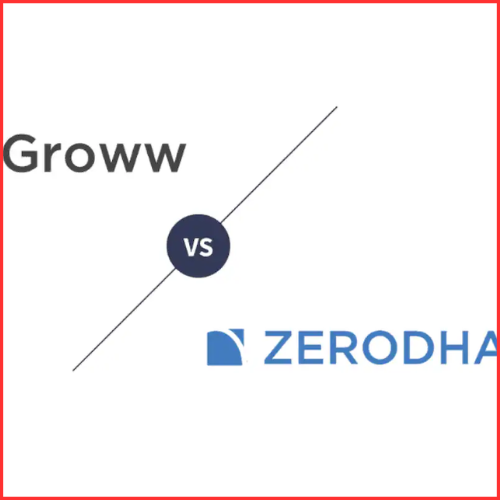Microsoft and Siemens are expanding their collaboration by bringing the benefits of generative AI to sectors around the world. As a first step, the businesses are launching Siemens Industrial Copilot, a jointly created AI-powered assistant targeted at boosting human-machine collaboration in manufacturing. Furthermore, the debut of the interface between Siemens Teamcenter software for product lifecycle management and Microsoft Teams will pave the road for the industrial metaverse to be enabled. It will make it easier for design engineers, frontline workers, and other teams across business functions to collaborate virtually.
“With this next generation of AI, we have a unique opportunity to accelerate innovation across the entire industrial sector,” stated Microsoft Chairman and CEO Satya Nadella. “We’re building on our longstanding collaboration with Siemens and bringing together AI advances across the Microsoft Cloud with Siemens’ industrial domain expertise to empower both frontline and knowledge workers with new, AI-powered tools, starting with Siemens Industrial Copilot.”
Empowering Workers with Generative AI
CEO of Siemens AG Roland Busch states, “Together with Microsoft, our shared vision is to empower customers with the adoption of generative AI,” This has the power to completely change how businesses plan, create, produce, and run. By expanding the availability of human-machine collaboration, engineers can address the shortage of trained labour, innovate more, and write code more quickly.”
Siemens Industrial Copilot’s Impact on Automation
Users will be able to create, optimise, and debug complicated automation code quickly with Siemens Industrial Copilot, which will also drastically reduce simulation times. A task that used to take weeks will now only take minutes thanks to this. Siemens’ open digital business platform, Siemens Xcelerator, provides automation and process simulation data, which the copilot uses to improve with Microsoft’s Azure OpenAI Service. Client data is not used to train underlying AI models; instead, customers retain complete control over it.
Expanding Efficiency and Production Across Industries
Throughout the industrial lifecycle, Siemens Industrial Copilot is expected to increase efficiency and production. Engineers can be provided with rapid access to simulation tools and maintenance staff can be helped with comprehensive repair instructions using natural language.
The Future of AI Copilots
The companies foresee AI copilots supporting workers across a range of sectors, including infrastructure, manufacturing, transportation, and healthcare. There are already a number of copilots scheduled in the manufacturing industries, including machine building, consumer packaged goods, and automobiles.
Siemens’ Fiscal Year Overview
By the end of September 30, 2022, the Siemens Group had made €72.0 billion in sales and €4.4 billion in net profitability in its fiscal year. Around 311,000 individuals worked for the organisation worldwide as of September 30, 2022. On the Internet, you can find more information at www.siemens.com.















